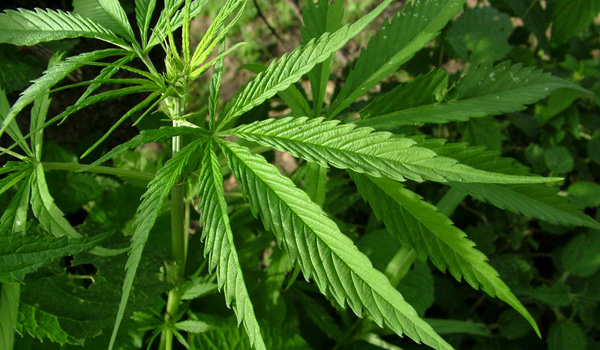Future Rx: Marijuana Without the Forgetfulness

Marijuana's negative effects on memory are well known. But now scientists have pinpointed where in the brain the drug causes this forgetfulness, and it's separate from where pot exerts its medicinal effects.
If this finding, drawn from experiments with lab mice, is also found to apply to humans, it means scientists someday may be able to design medical marijuana that doesn't impede a patient's working memory while treating his or her pain. Working memory is the ability to hold more than one thought in your head for a period of time.
"We have found that the starting point for this phenomenon — the effect of marijuana on working memory — is the astroglial cells," study researcher Giovanni Marsicano, of the French biomedical researcher institution INSERM, said in a statement.
Brain cells
The researchers found that this disruption of working memory comes not from the drug's effects directly on the brain's neurons, but on a different type of cells: the brain's helper cells called astroglia. (They are also called astrocytes, neuroglia or glial cells.)
The researchers studied how the mice reacted to marijuana's active component and several similar synthetic chemicals. They were looking specifically at the receptor on the brain cells that reacts to these chemicals called cannabinoids, which are compounds similar to the active components of marijuana, Tetrahydrocannabinol (THC). Such receptors exist on both neurons and astroglia.
They genetically engineered mice without these receptors on certain cells. One set of mice had no cannabinoid receptors in the brain; one set had the receptors only on neurons; and one set had the receptors only on the astroglia.
Sign up for the Live Science daily newsletter now
Get the world’s most fascinating discoveries delivered straight to your inbox.
Marijuana mind
The mice learned to navigate a maze, then were tested in their ability to remember how after receiving a dose of THC or other cannabinoid. The two sets of mice with cannibinoid receptors on their astroglia had problems remembering directions. Those mice with the receptors only on their neurons completed the maze just fine, suggesting the THC wasn't affecting memory via the brain's neurons but rather through the astroglia.
They also looked at these astroglial cells in brain slices from the hippocampus (the brain area that deals with memory formation). After treatment with cannabinoids the astroglia released compounds that tamper with the signals sent between neurons, which may be how they cause marijuana-induced forgetfulness.
Marijuana's other effects — which have been found beneficial in the treatment of pain, seizures and other ailments — happen through the neurons. If cannabinoids can be designed to target just neurons, they might not have the negative effects on working memory currently seen in medical marijuana.
The study was published today (March 1) in the journal Cell.
You can follow LiveScience staff writer Jennifer Welsh on Twitter @microbelover. Follow LiveScience for the latest in science news and discoveries on Twitter @livescience and on Facebook.
Jennifer Welsh is a Connecticut-based science writer and editor and a regular contributor to Live Science. She also has several years of bench work in cancer research and anti-viral drug discovery under her belt. She has previously written for Science News, VerywellHealth, The Scientist, Discover Magazine, WIRED Science, and Business Insider.










